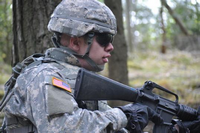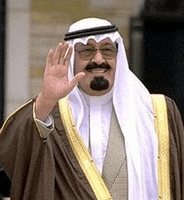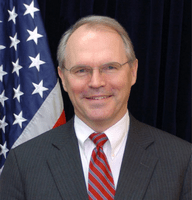
During the Cold War, U.S. military forces operated in big, firepower-heavy formations, designed to fight equally big and powerful Soviet formations — or what the Pentagon calls “peer” opponents. Times have changed, but the military hadn’t — until now. In recent months, reformers have successfully fought for sweeping changes to military force structure. The changes are meant to boost the Pentagon’s ability to fight in low-intensity, “persistent” conflicts, as opposed to the short, high-intensity major conflicts expected in the recent past. In addition to the structural changes, persistent conflicts demand new ways of thinking about — and training for — […]



